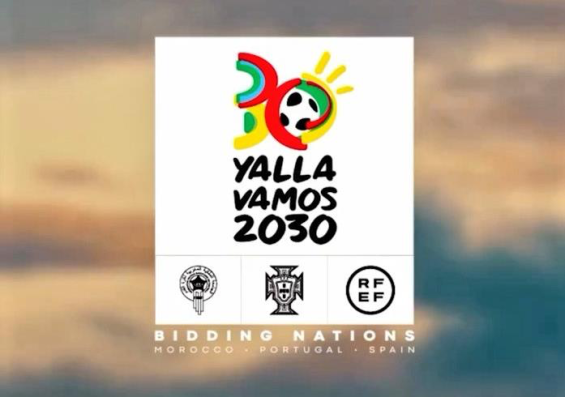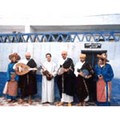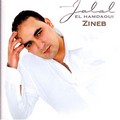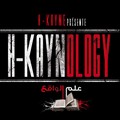In a report, Amnesty International (AI) evaluates the organization of the 2030 World Cup held across three continents and the 2034 World Cup in Saudi Arabia. For the 2030 sports event, AI notes that «Morocco’s plan to host the tournament is likely to involve a significantly higher number of construction work projects than Portugal or Spain». A commitment that is not without risk for the workers. The kingdom «has a comparatively high accident rate, particularly for construction workers for whom fatal work-related injuries are three times more likely than in other sectors», AI highlights.
«In response, Morocco has drafted but not yet passed a new law intended to strengthen health and safety», the report argued. The association noted «significant concerns» regarding «child labor persists in Morocco’s construction sector». And it reminds that «Morocco has yet to ratify three relating to the right to organize; forced labour; and occupational health and safety».
In its report, Amnesty pointed out some risks related to discrimination in Spain and Portugal, but it is mainly Morocco that concentrates the criticisms. Thus, the situation of migrants must be particularly monitored in Morocco and their rights guaranteed.
Similarly, the NGO noted that even though «Morocco was congratulated in 2022 by the UN Committee on the Elimination of Discrimination against Women (CEDAW Committee) on enshrining the equality of men and women in the Family Code and banning discrimination based on sex, 160 key aspects of legislation perpetuate the risk of gender discrimination for female workers and attendees at a future tournament».
Amnesty asks FIFA to ensure respect for human rights
Amnesty indicates that «Morocco, for example, criminalizes criticism of Islam, the monarchy, state institutions and the military, as well as questioning the country’s territorial integrity in relation to Western Sahara. Journalists and human rights defenders have been harassed, arbitrarily detained, beaten and prosecuted, inviting criticism from UN experts».
To back its criticism, AI referred to an evaluation of the kingdom's bid for the 2026 World Cup, developed by UN experts. It «highlighted that the criminalization of same-sex acts was ‘particularly problematic’; official statistics show that 838 people were prosecuted between 2017 and 2020 for same-sex conduct».
In its conclusions, Amnesty International asks FIFA to «rigorously and transparently ensure that bids to host the 2030 and 2034 men’s World Cup tournaments fully safeguard human rights and reject any offer that risks abuses once again tainting the world’s largest sporting event».




 chargement...
chargement...












